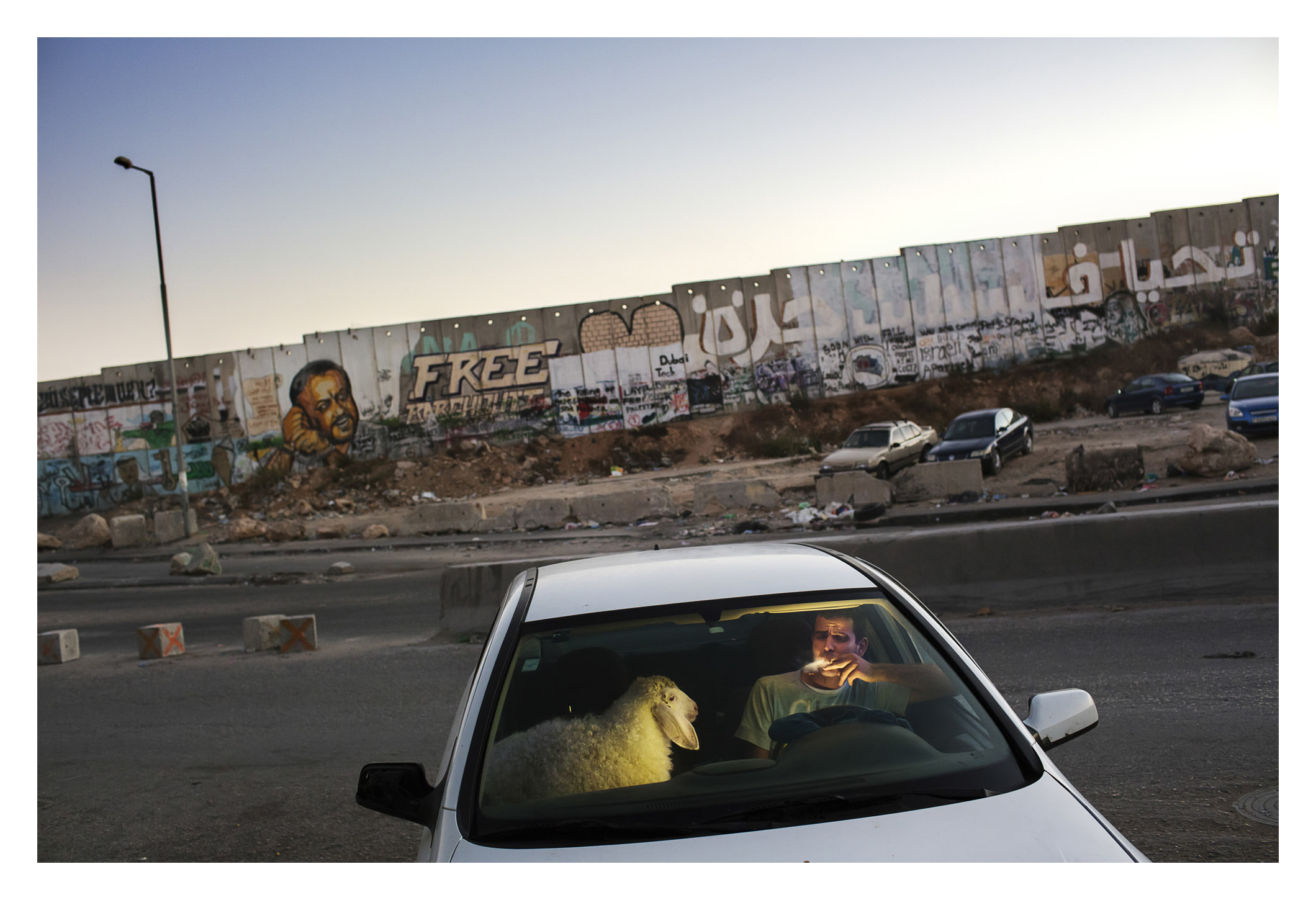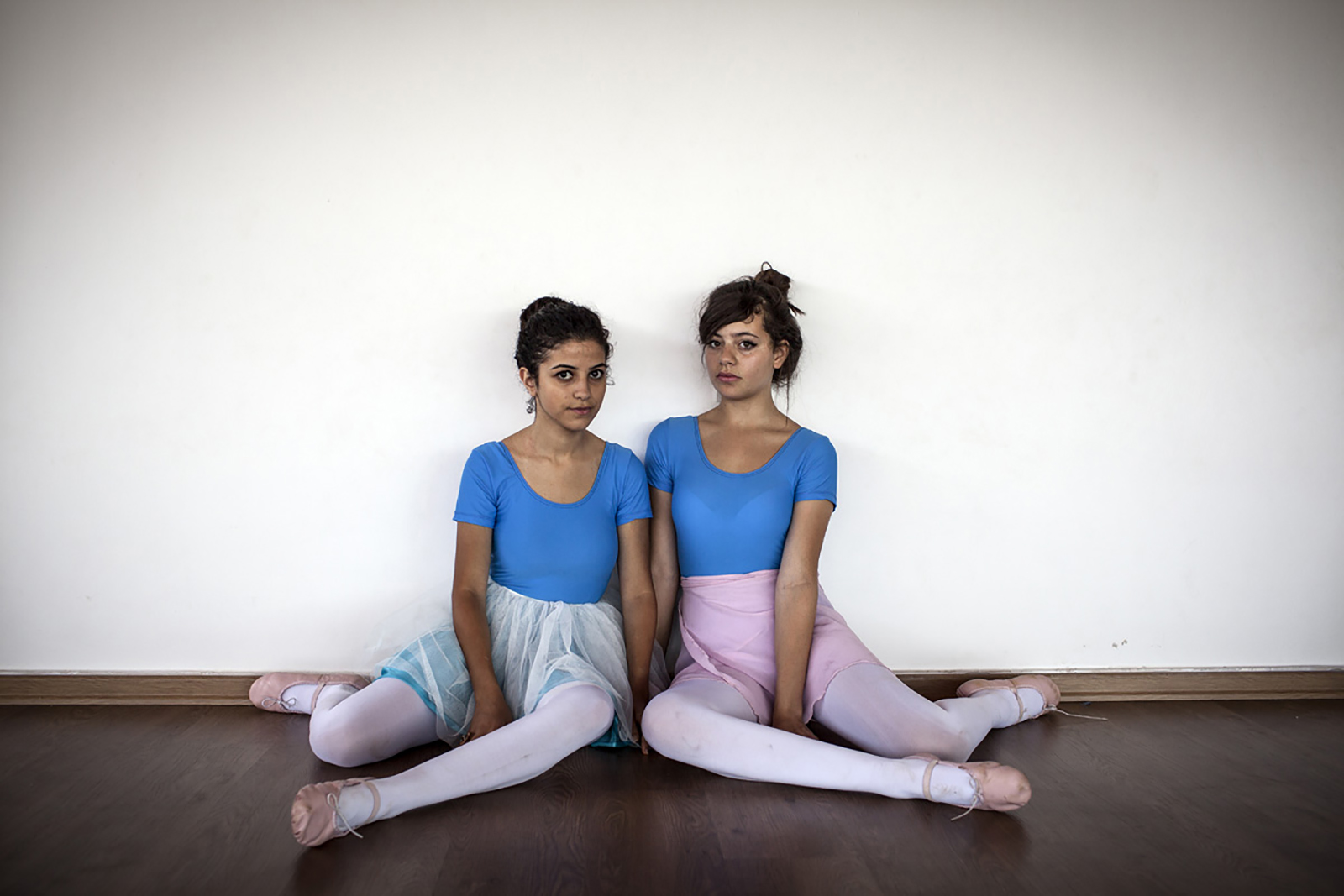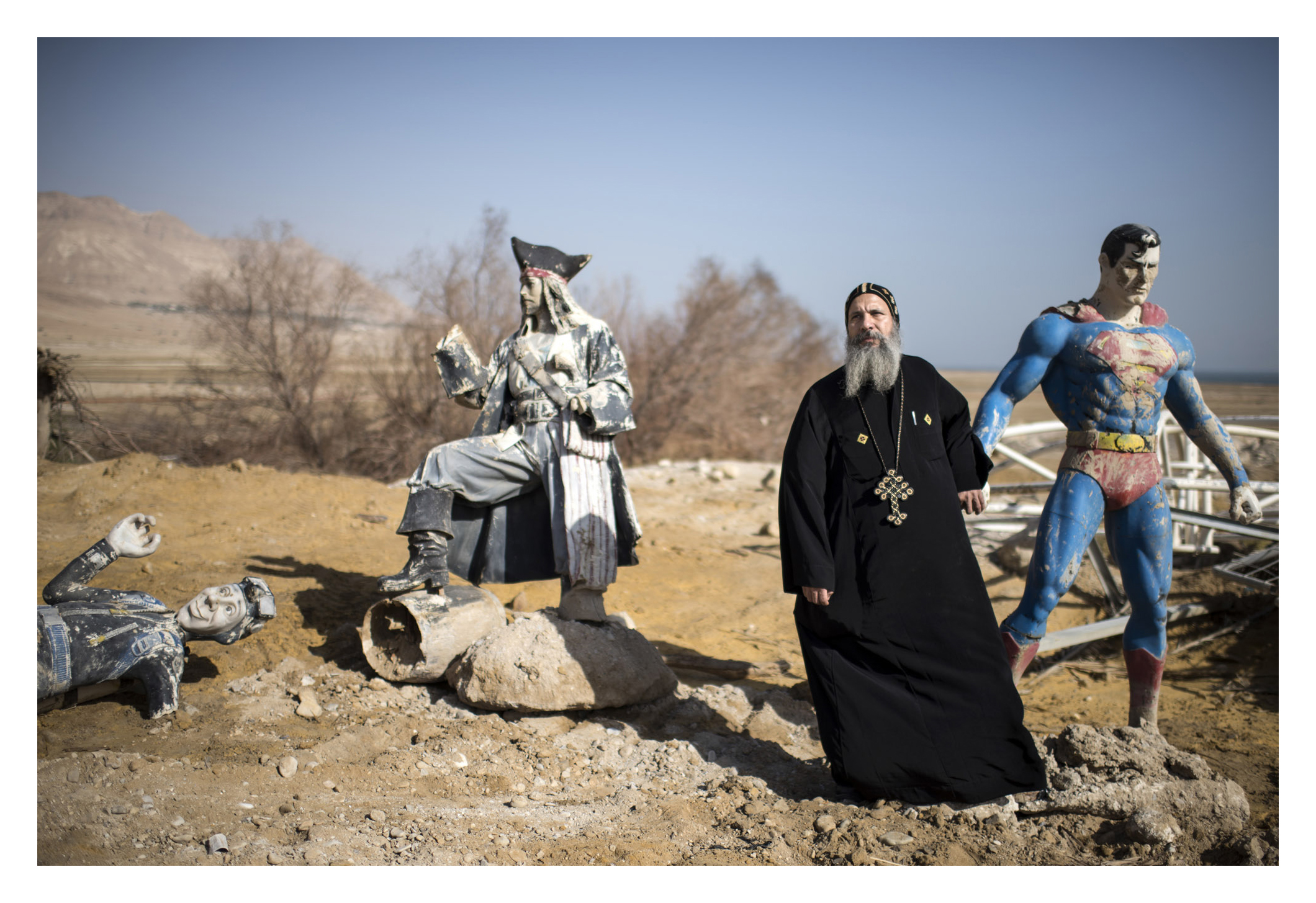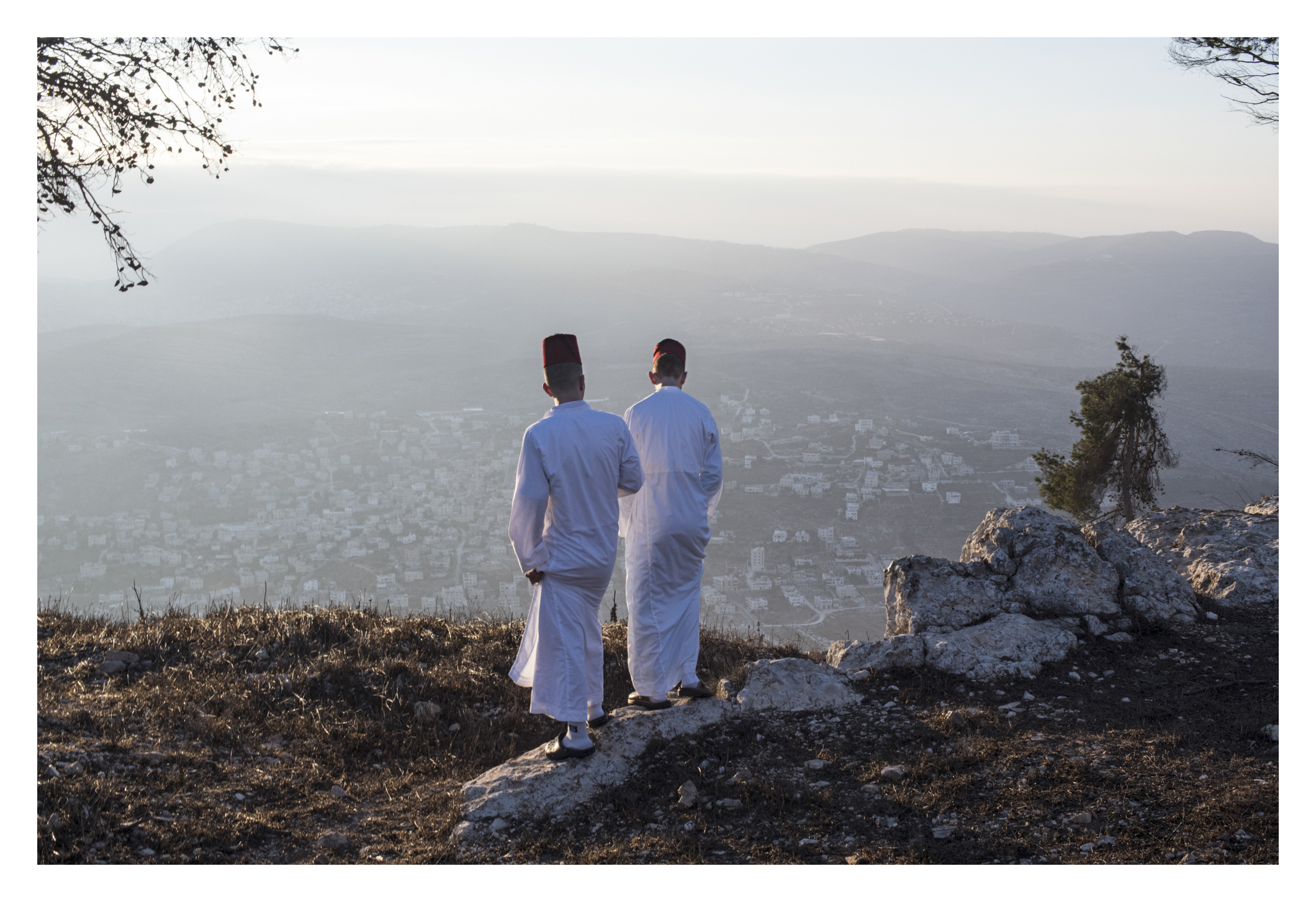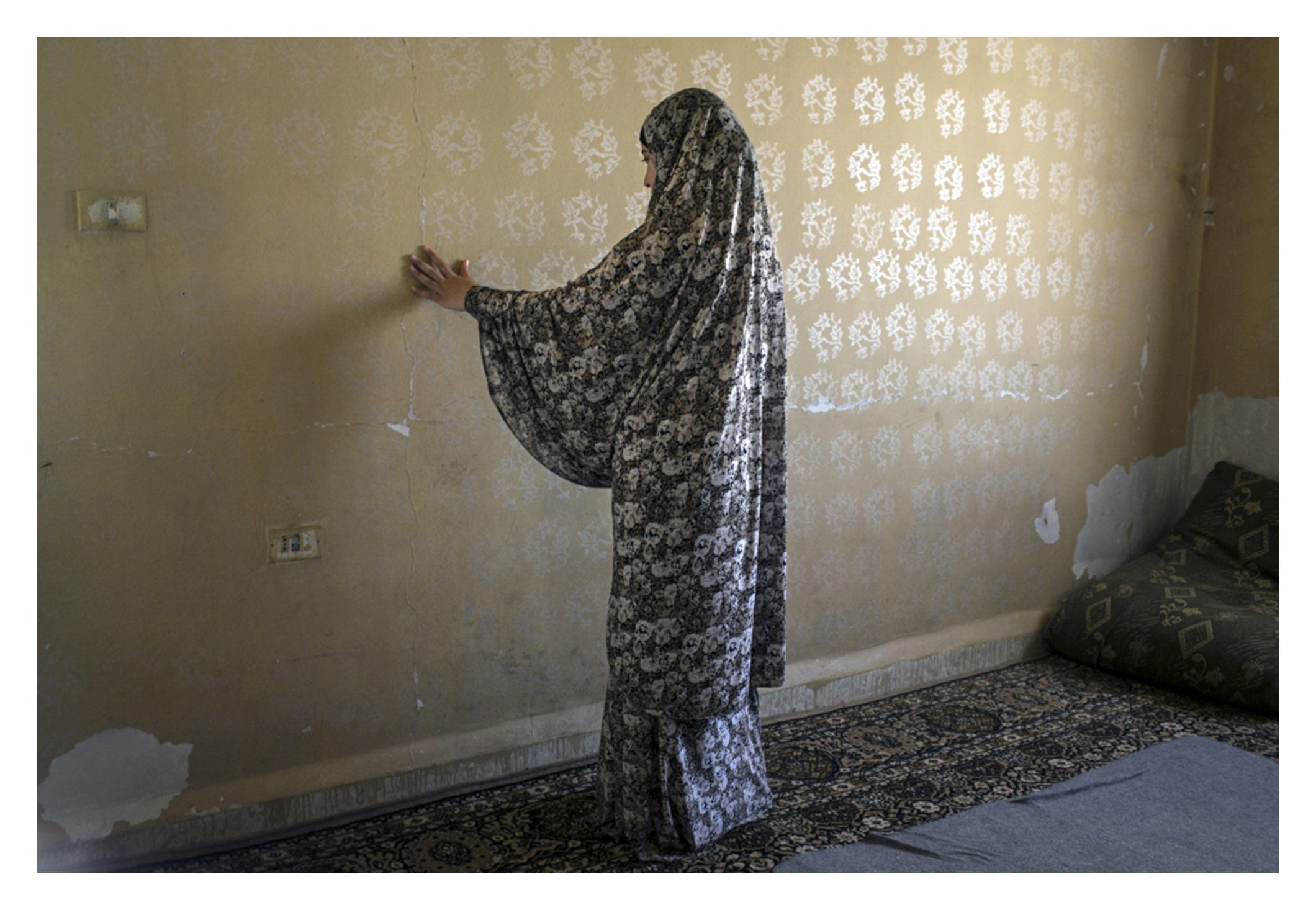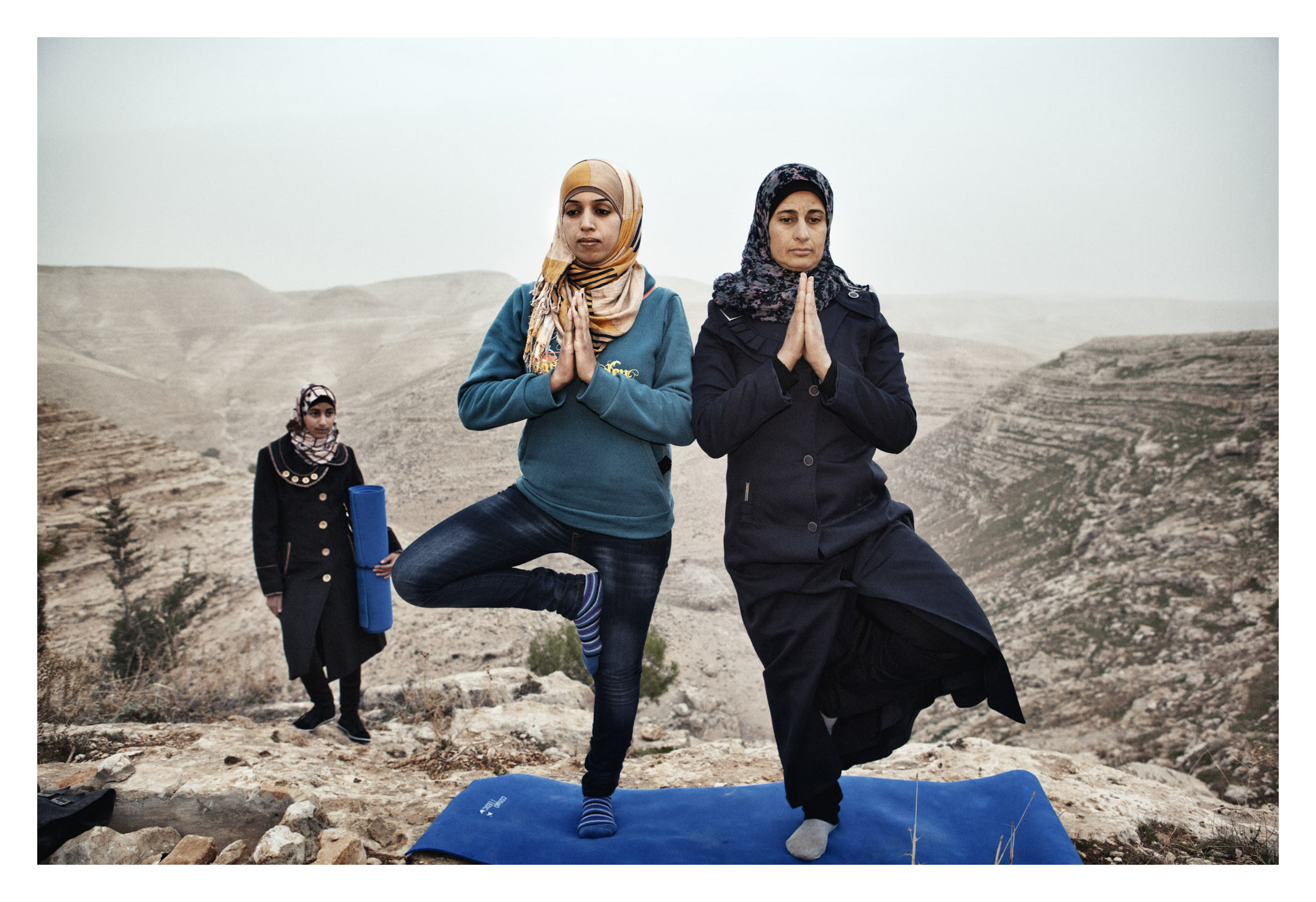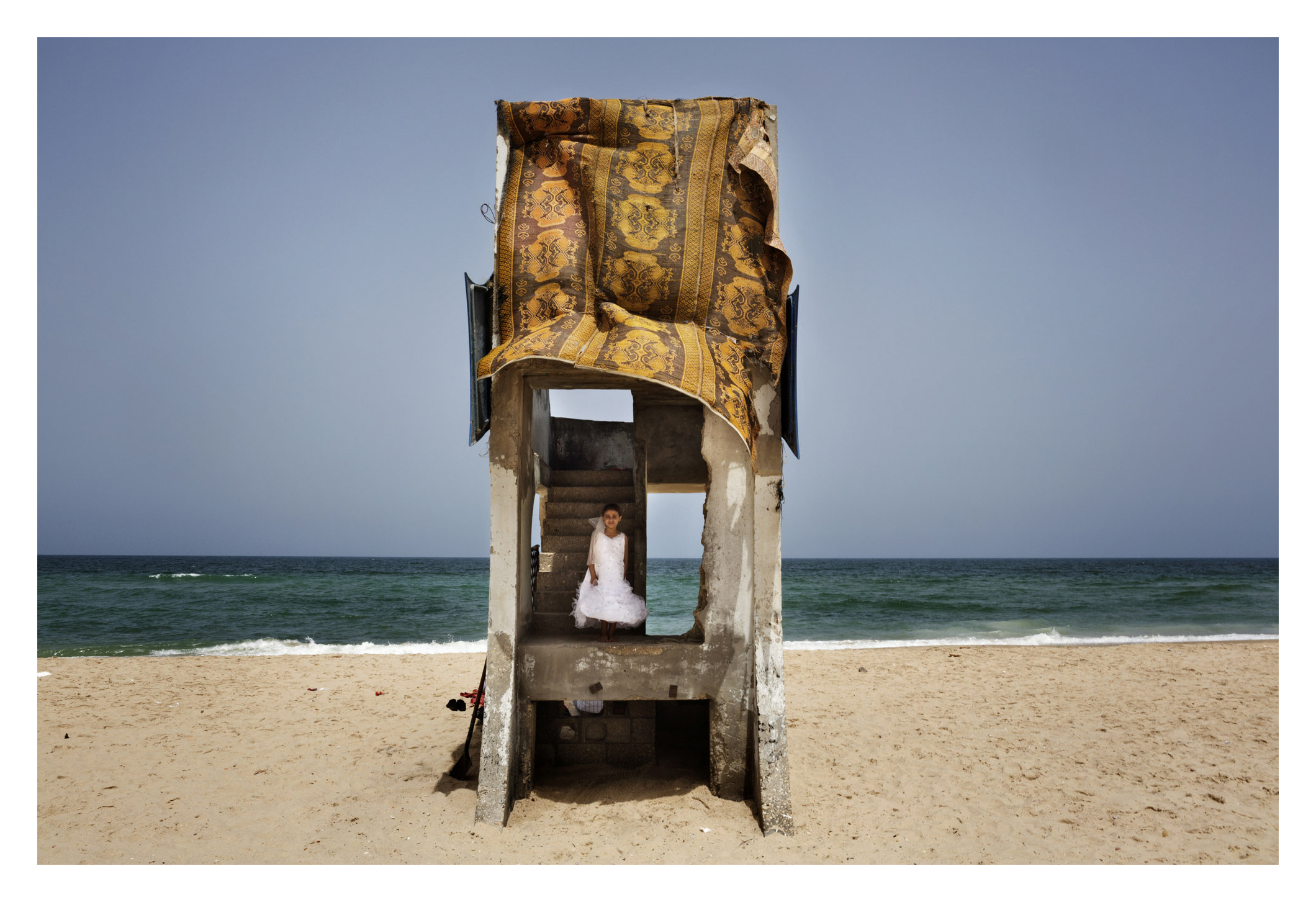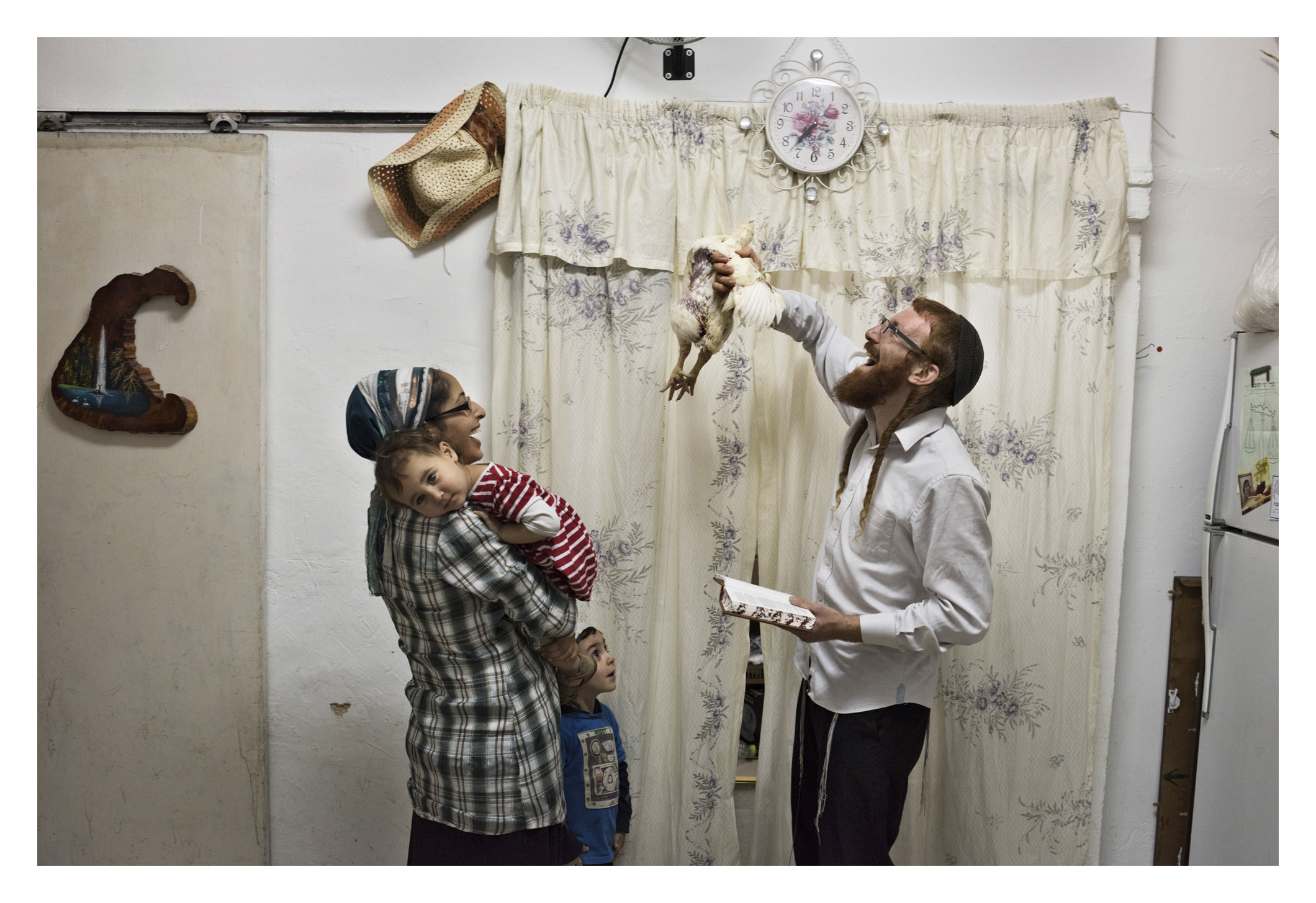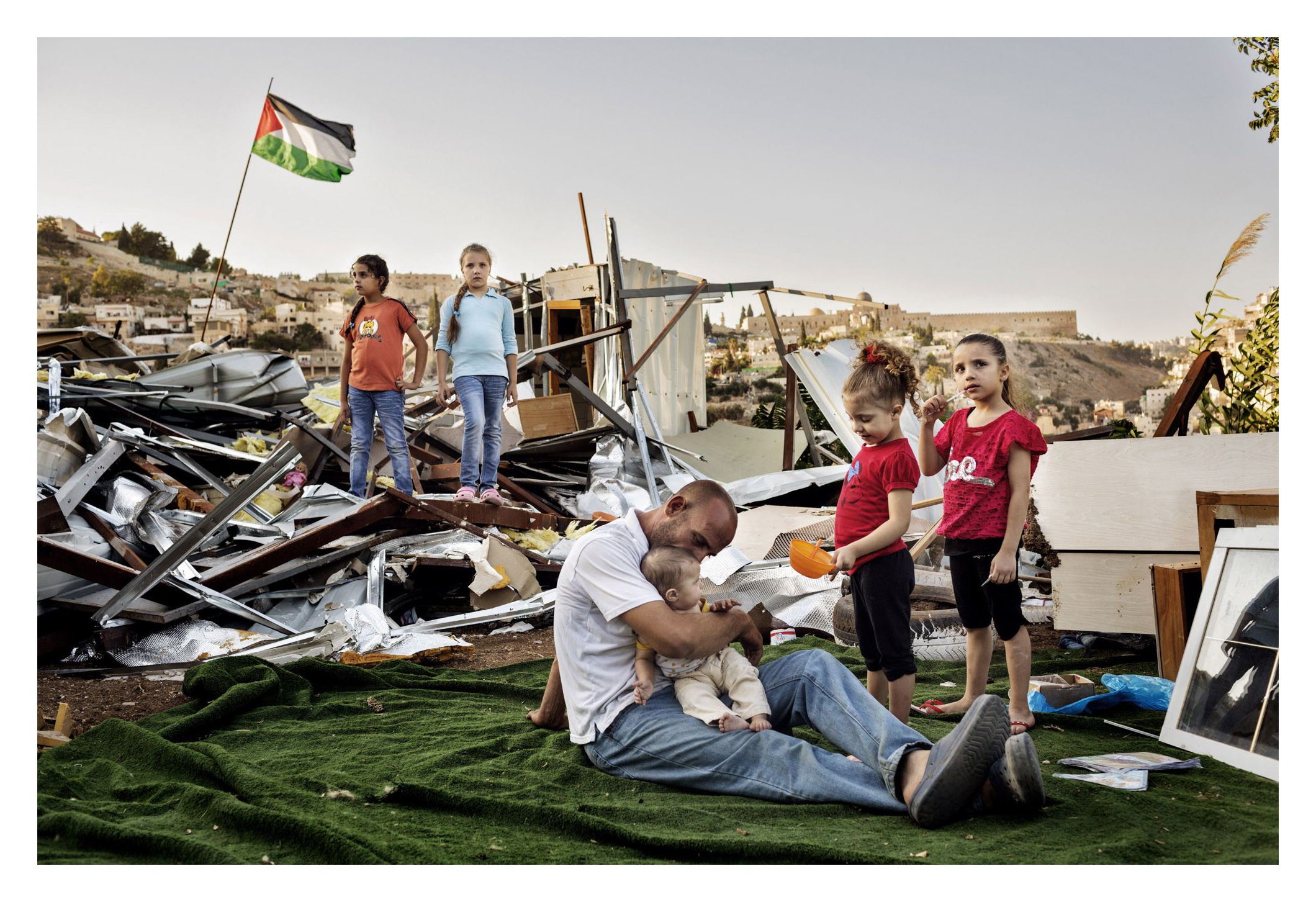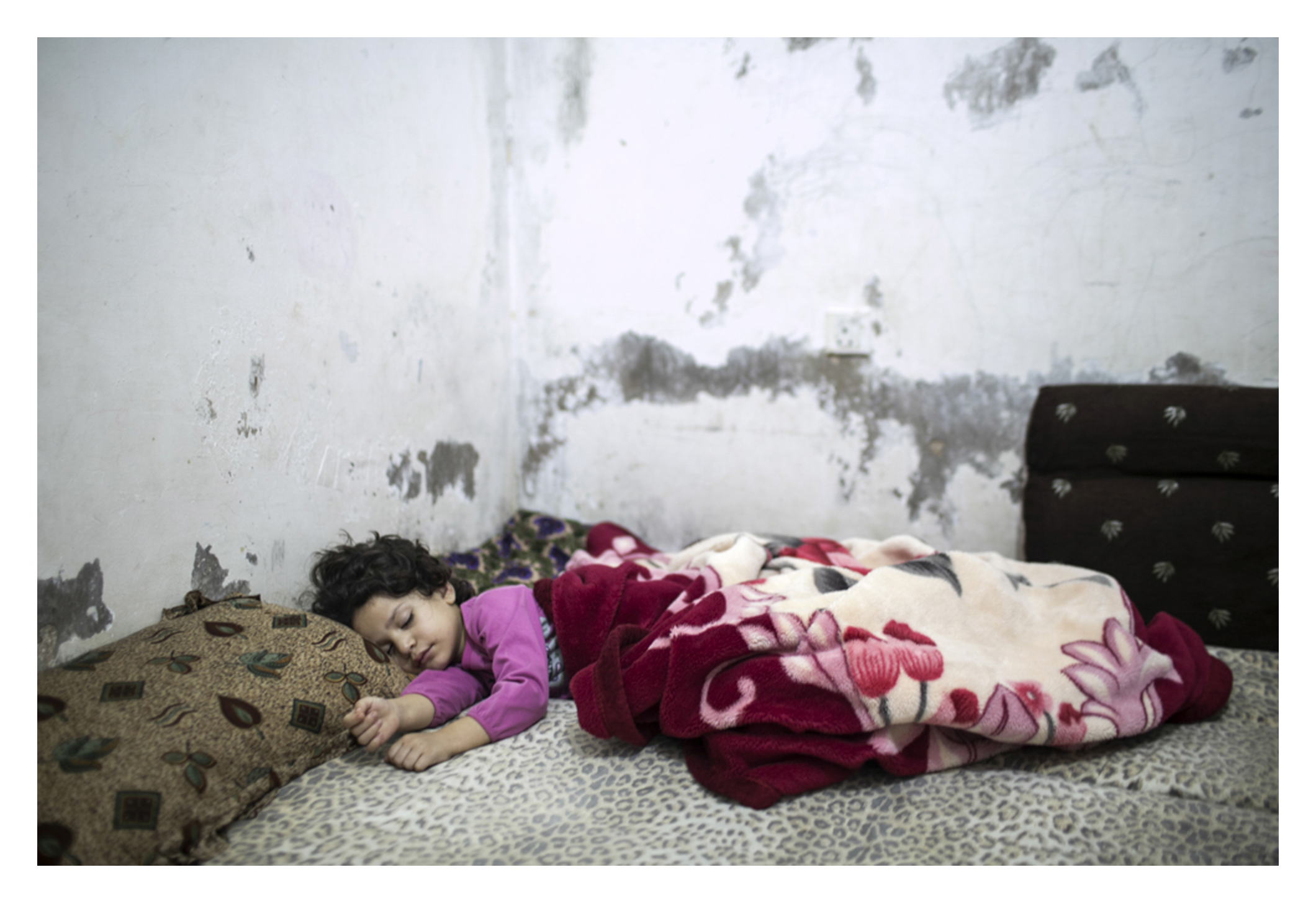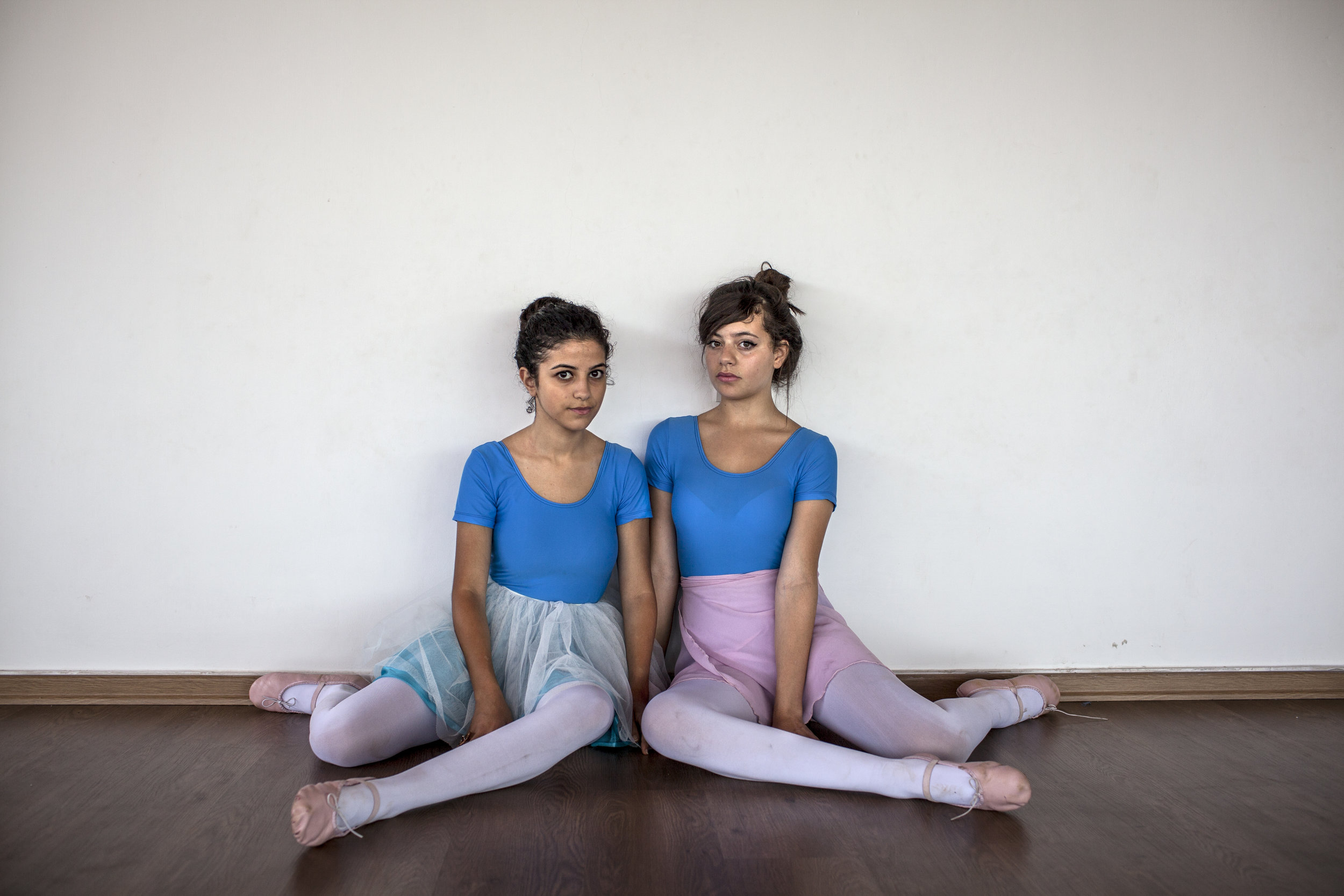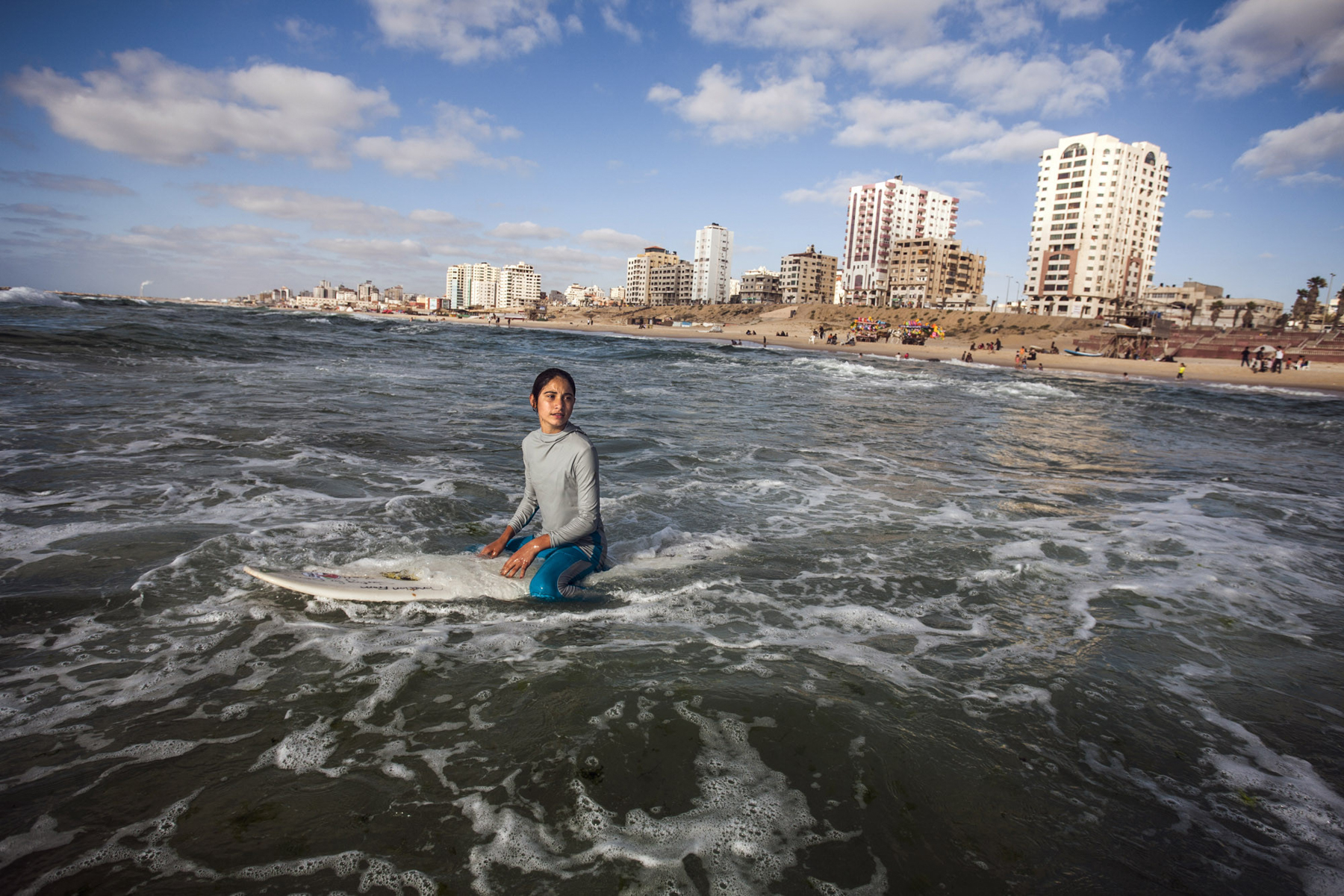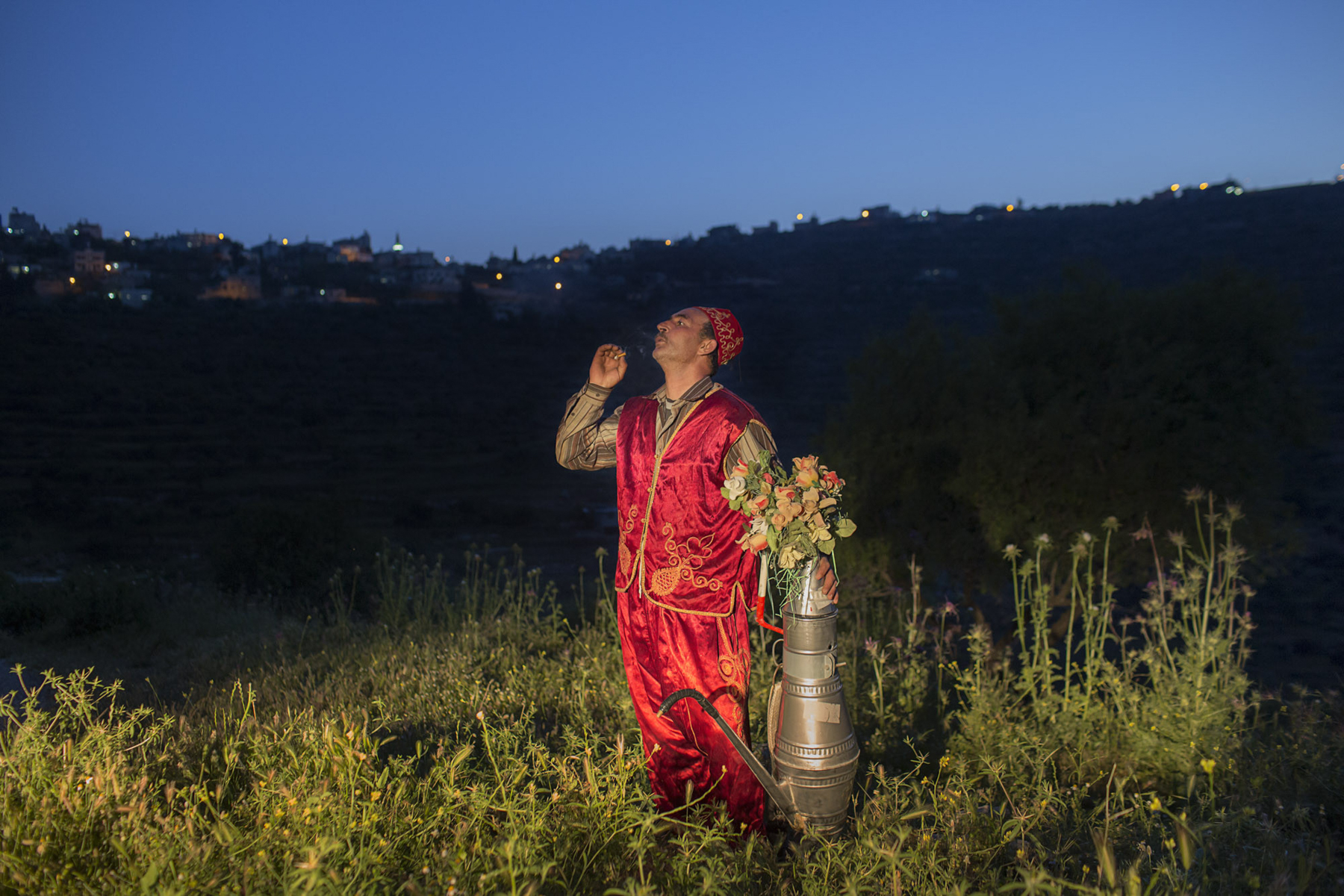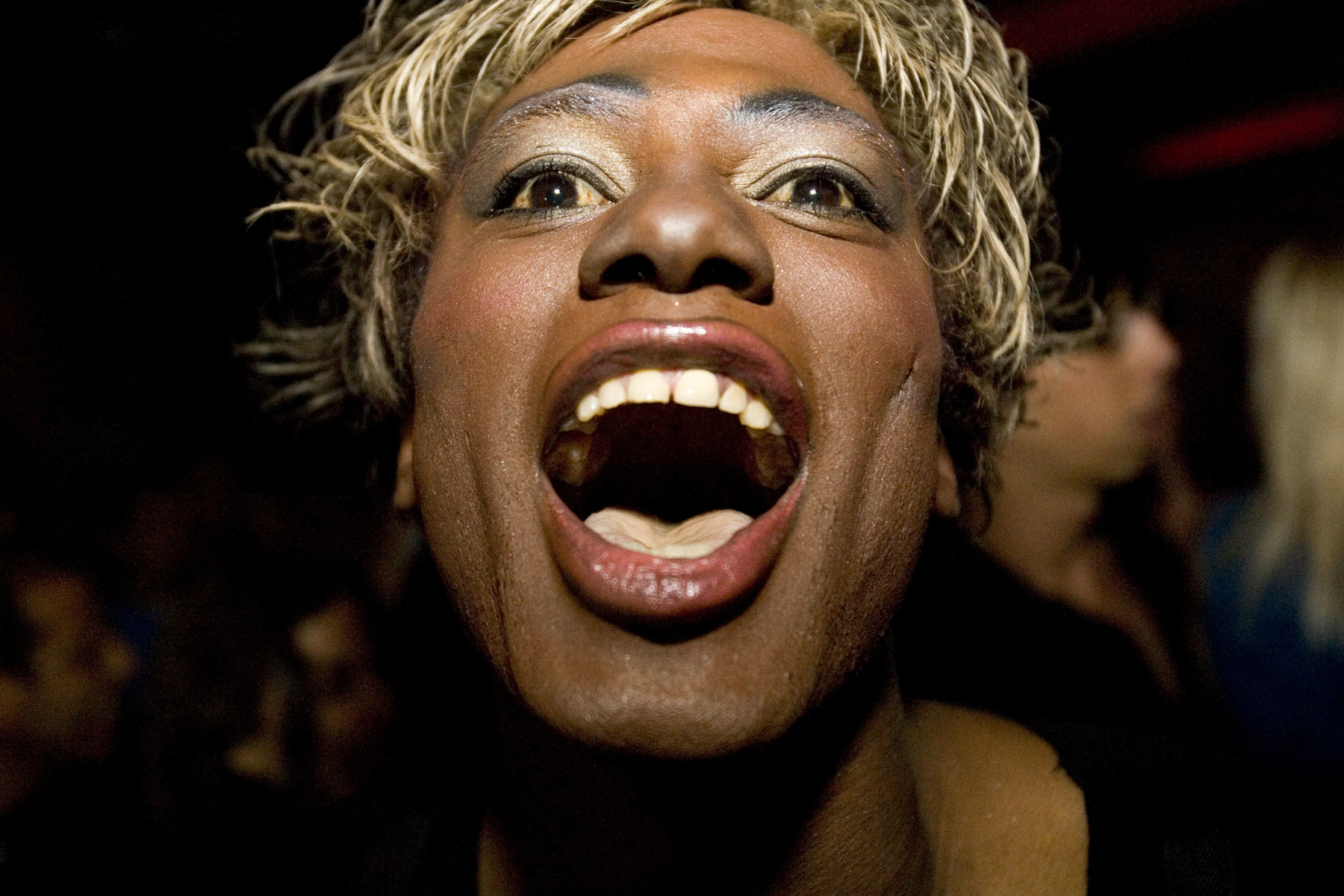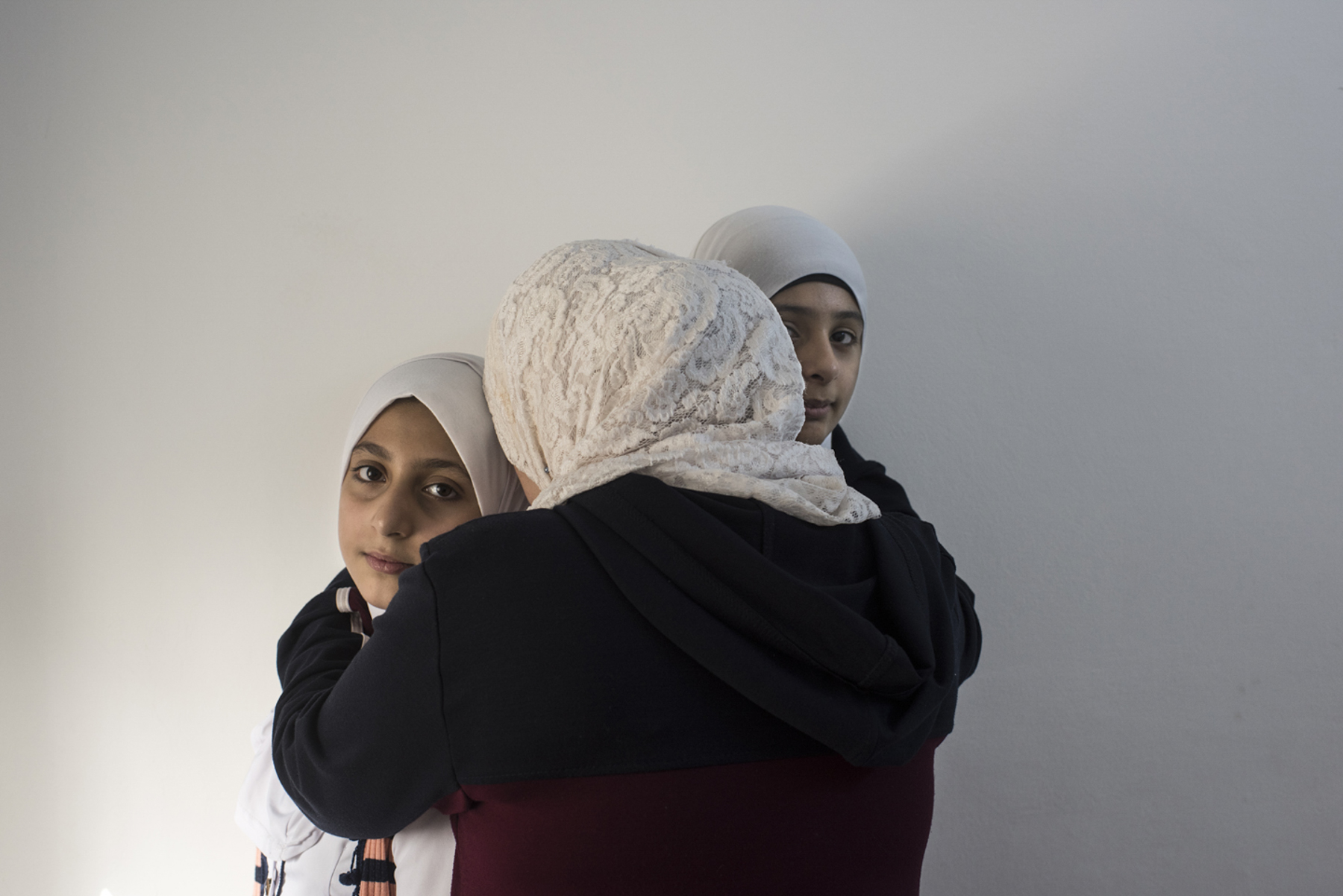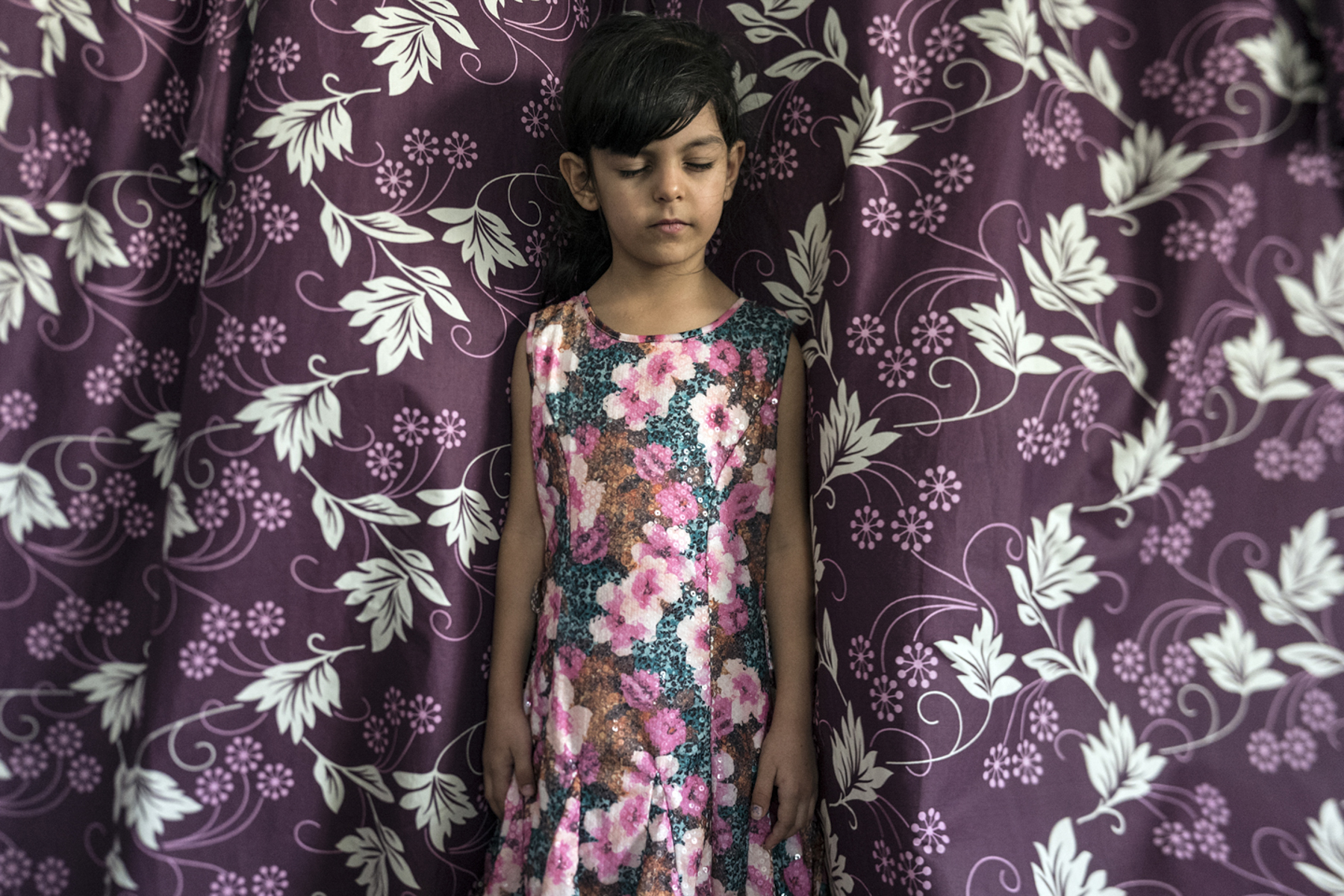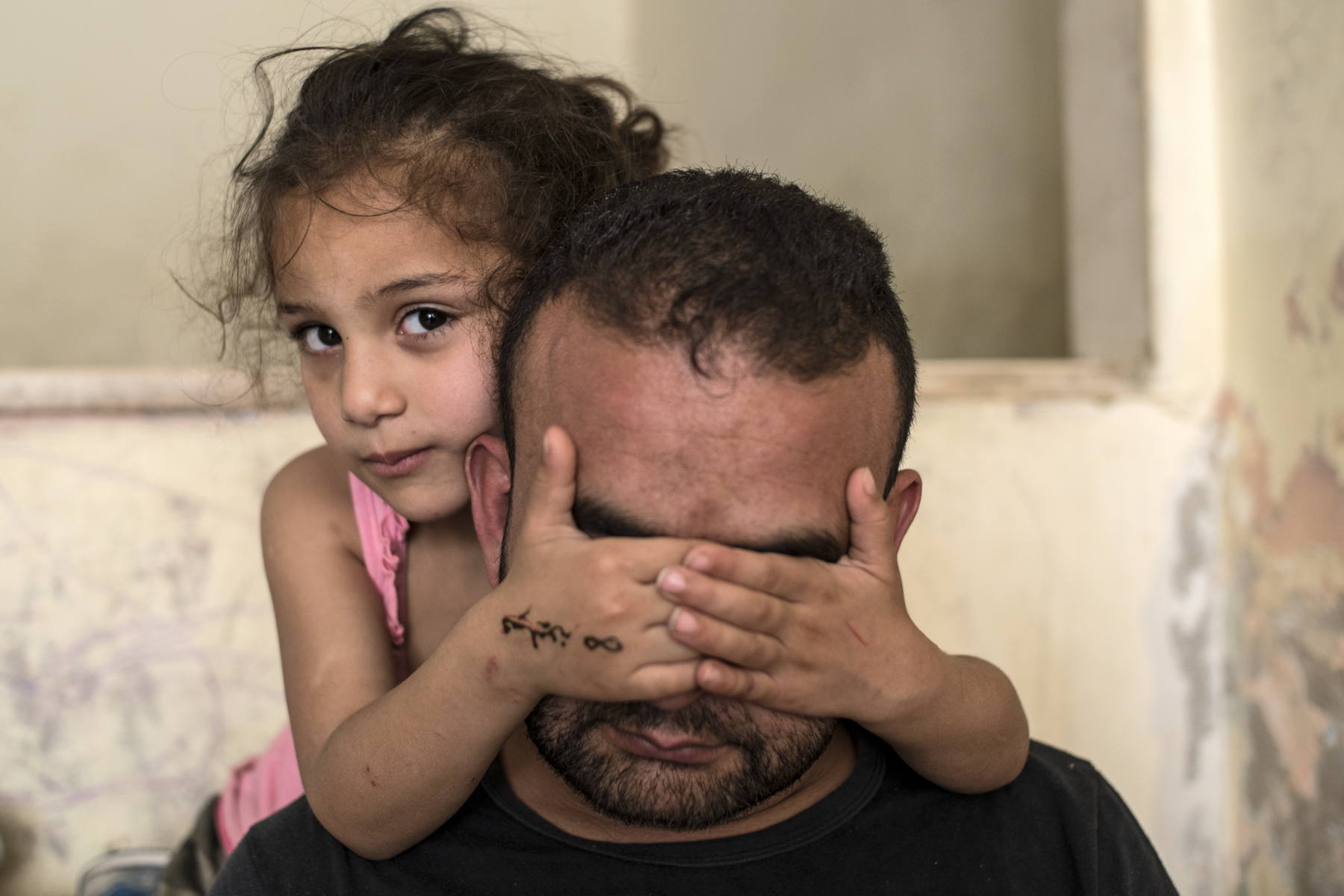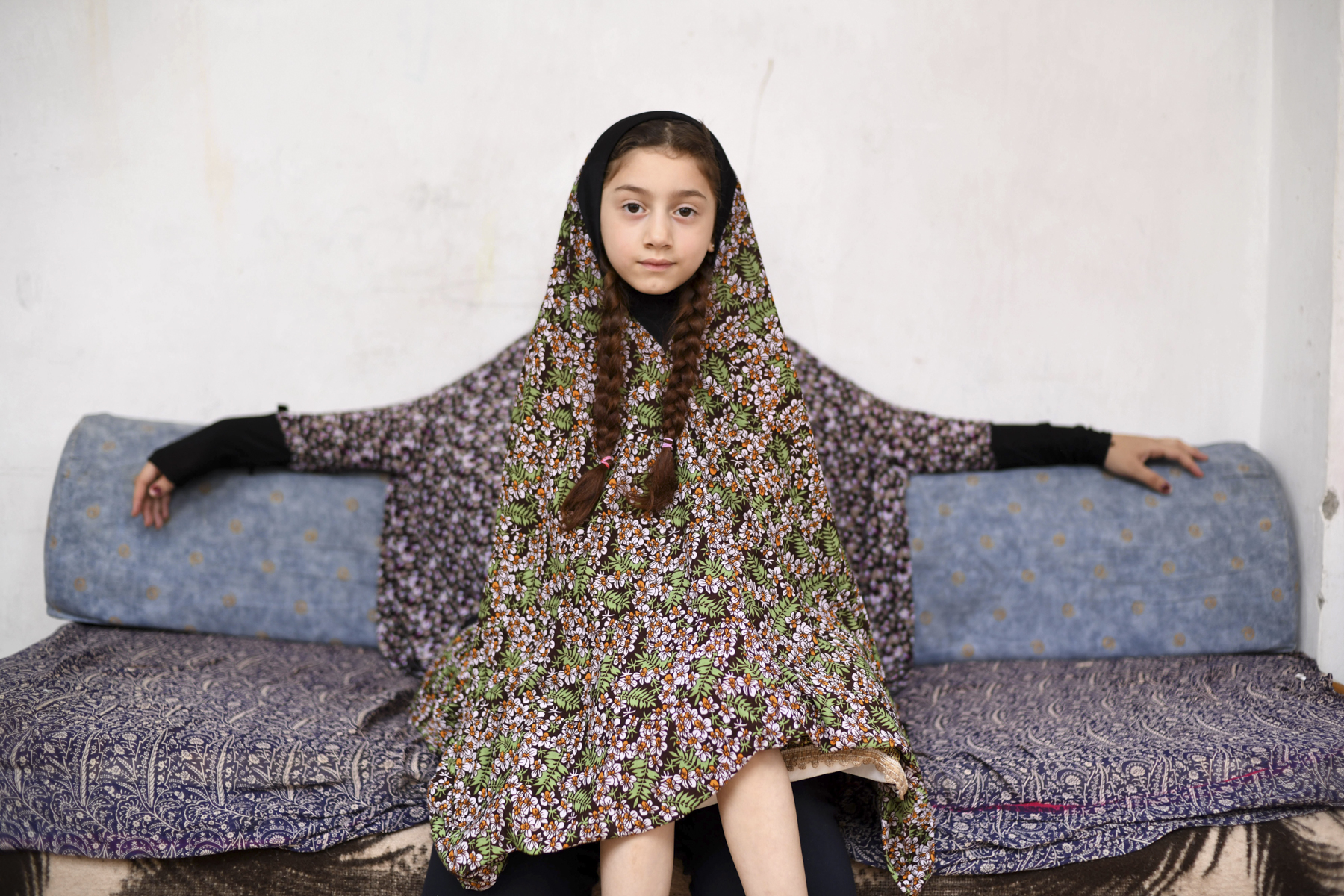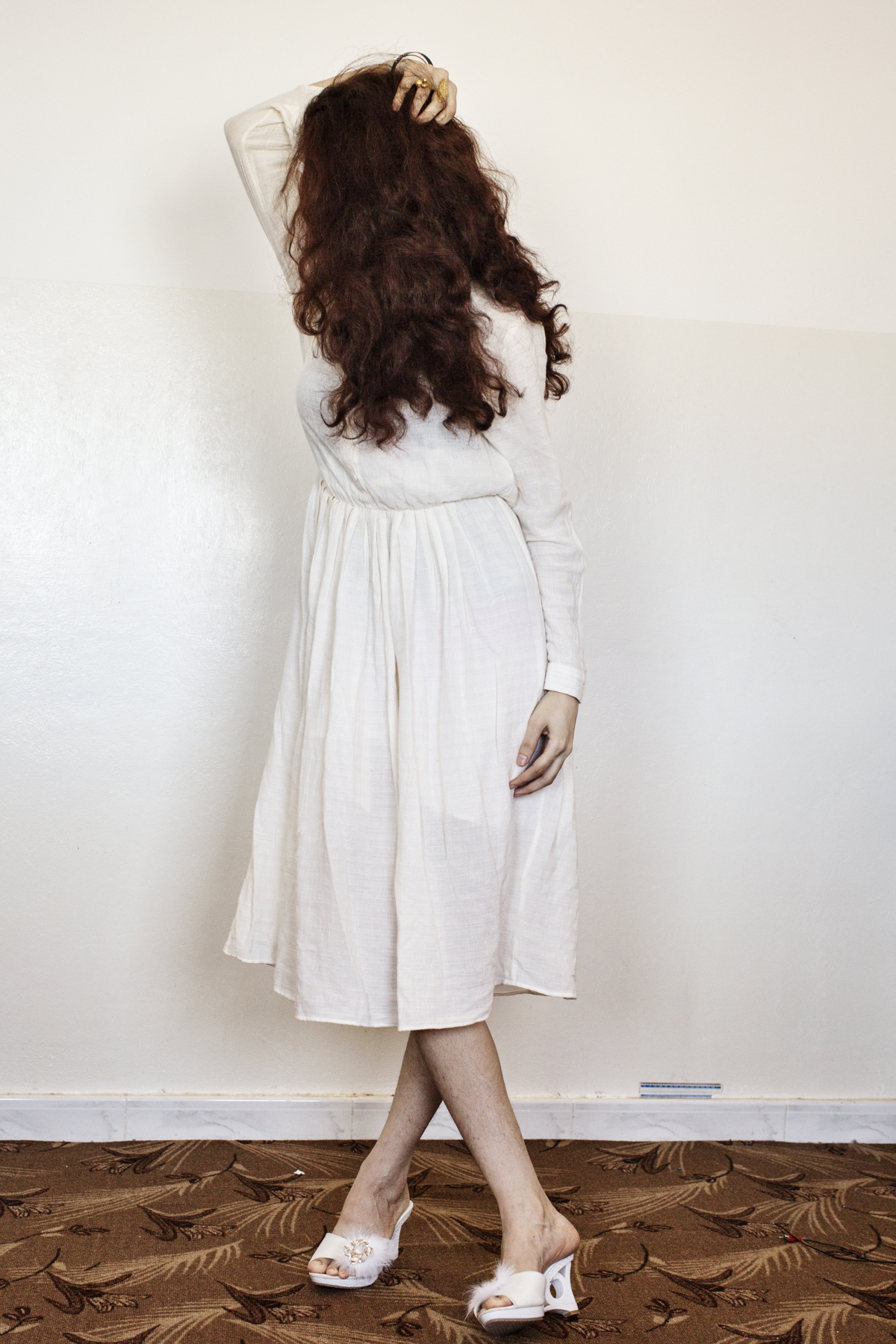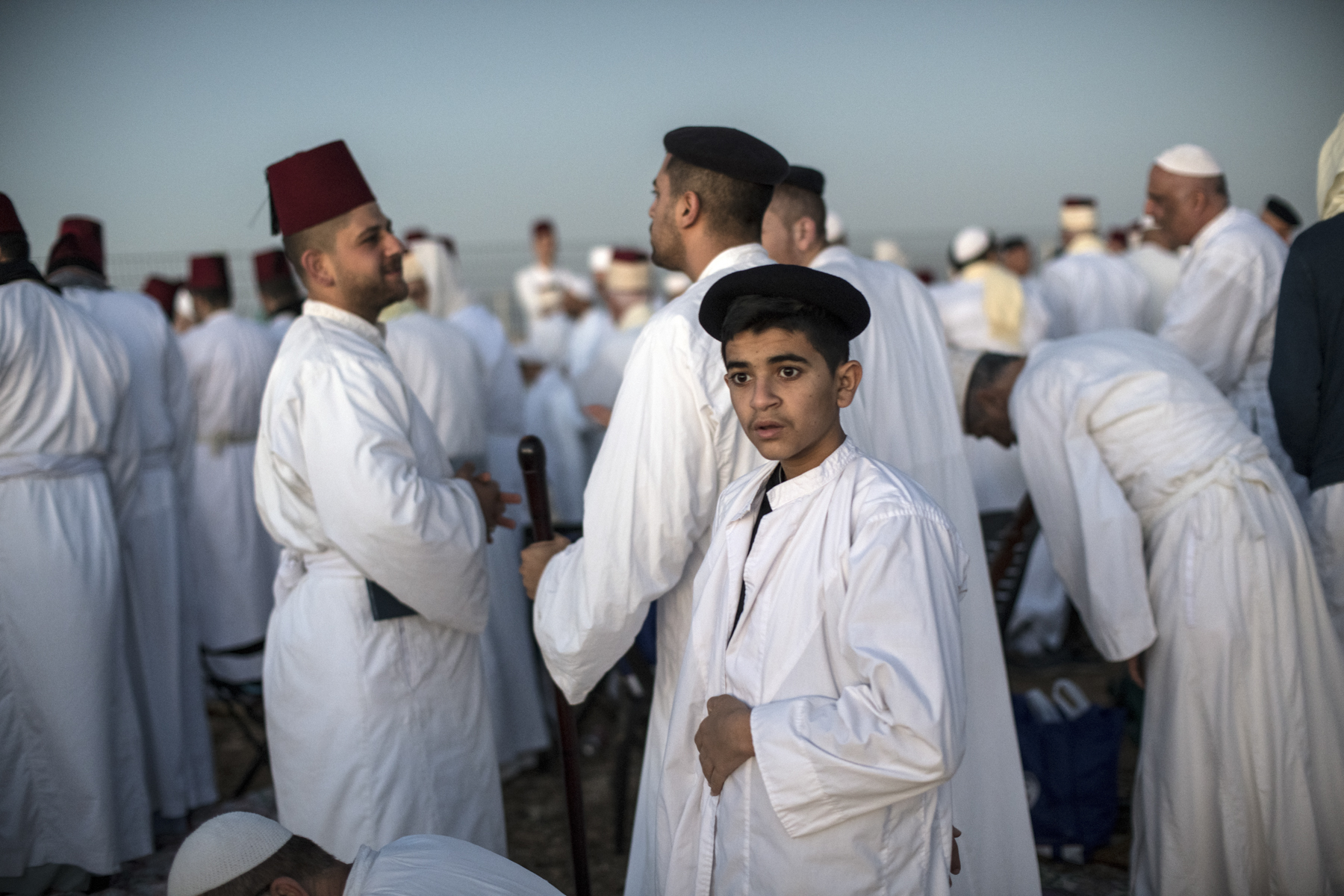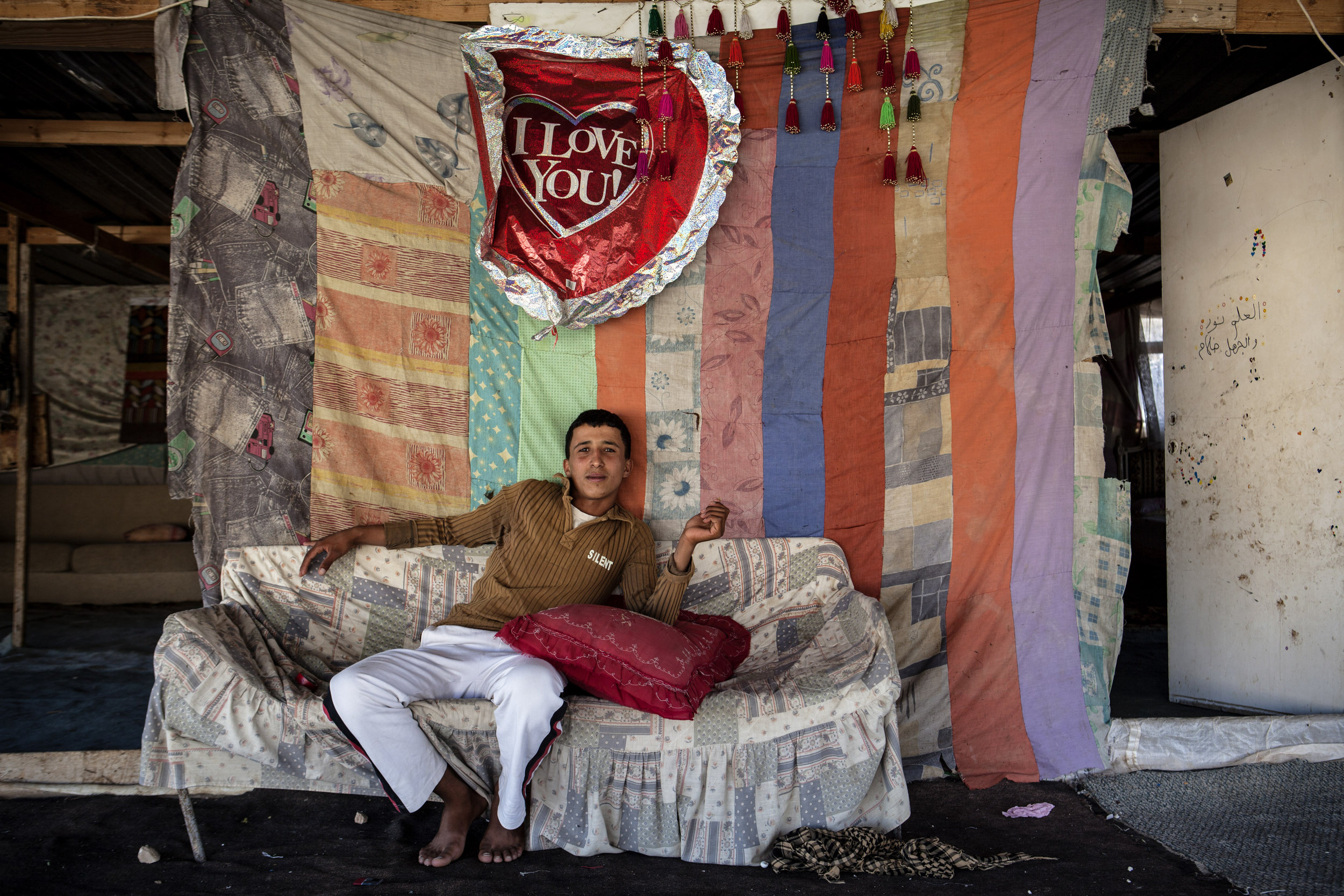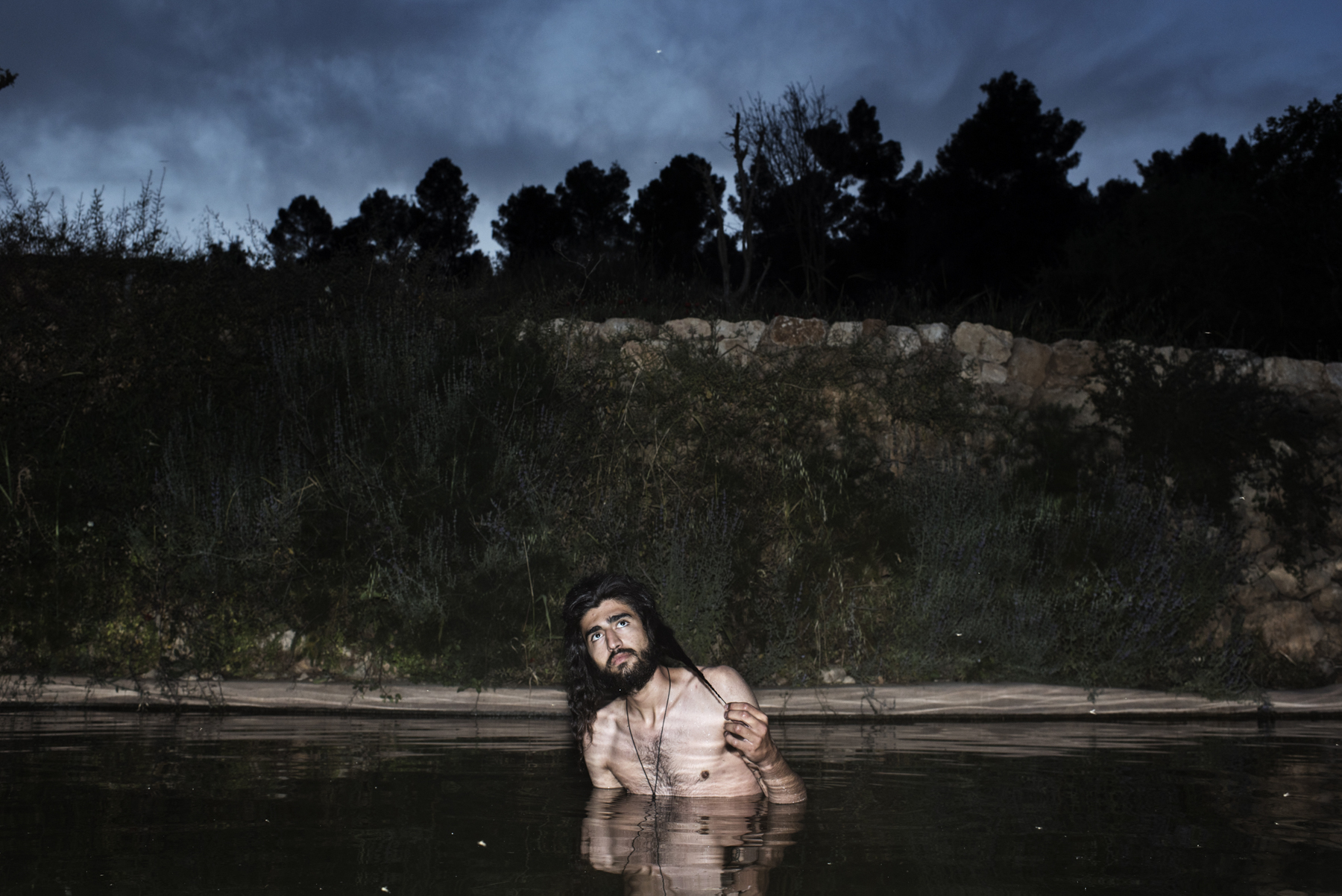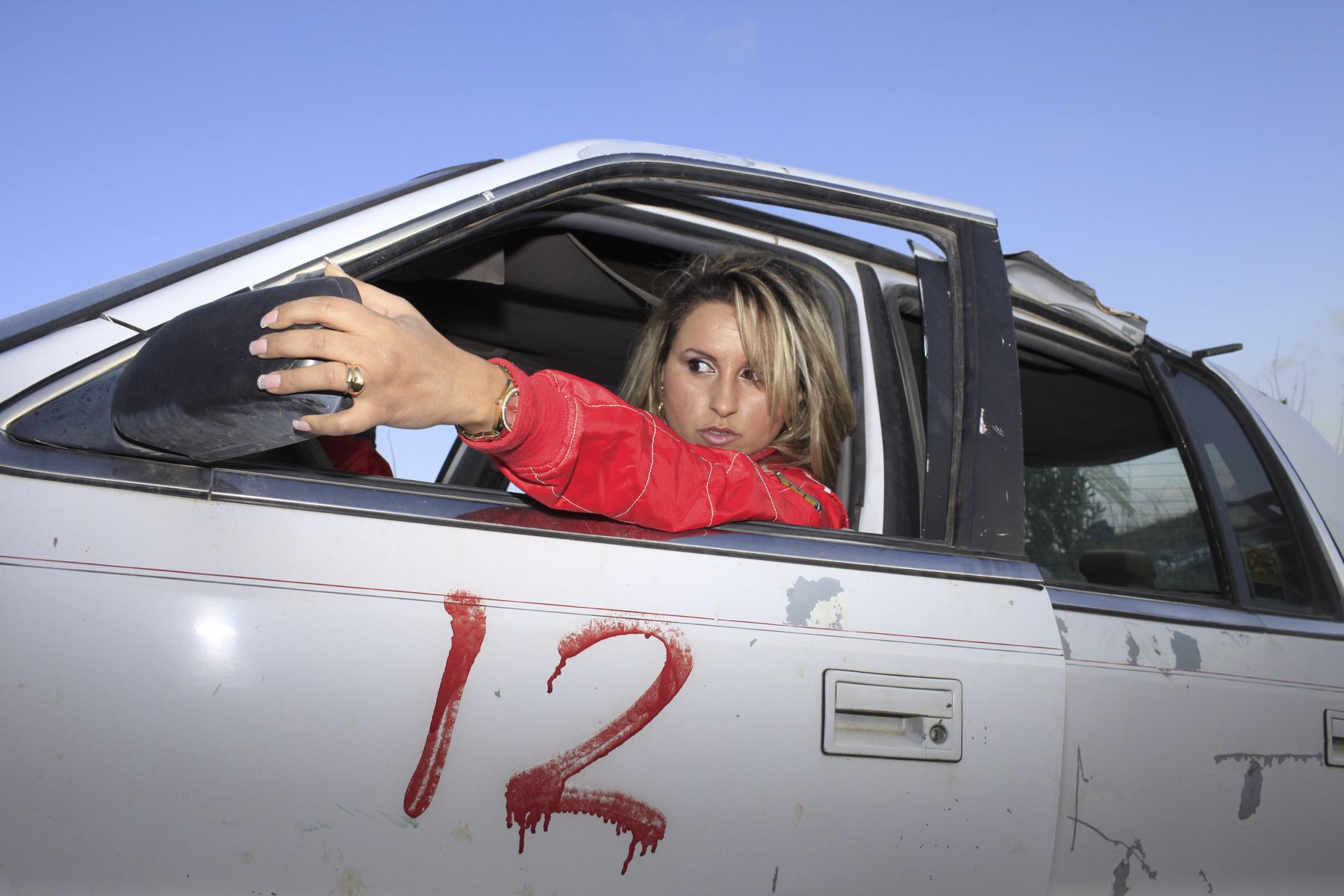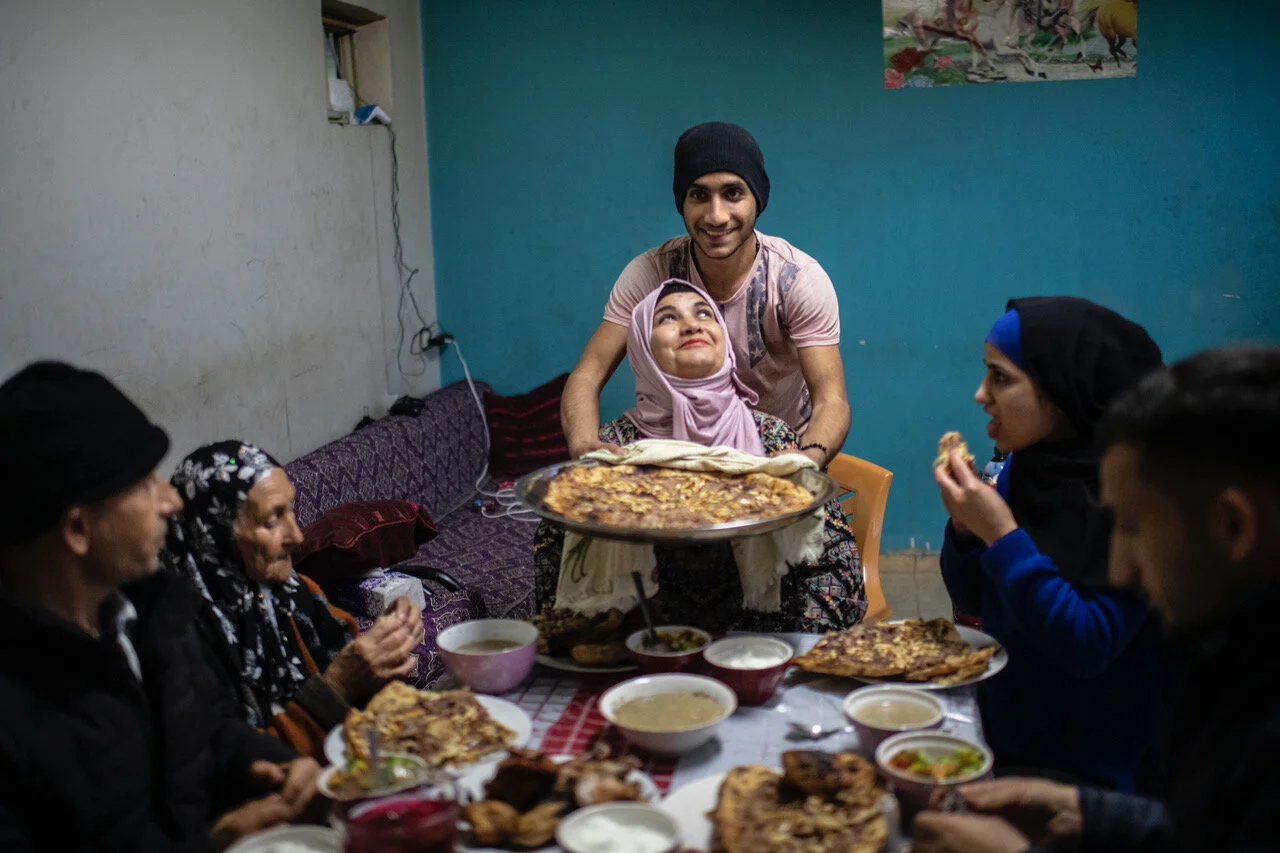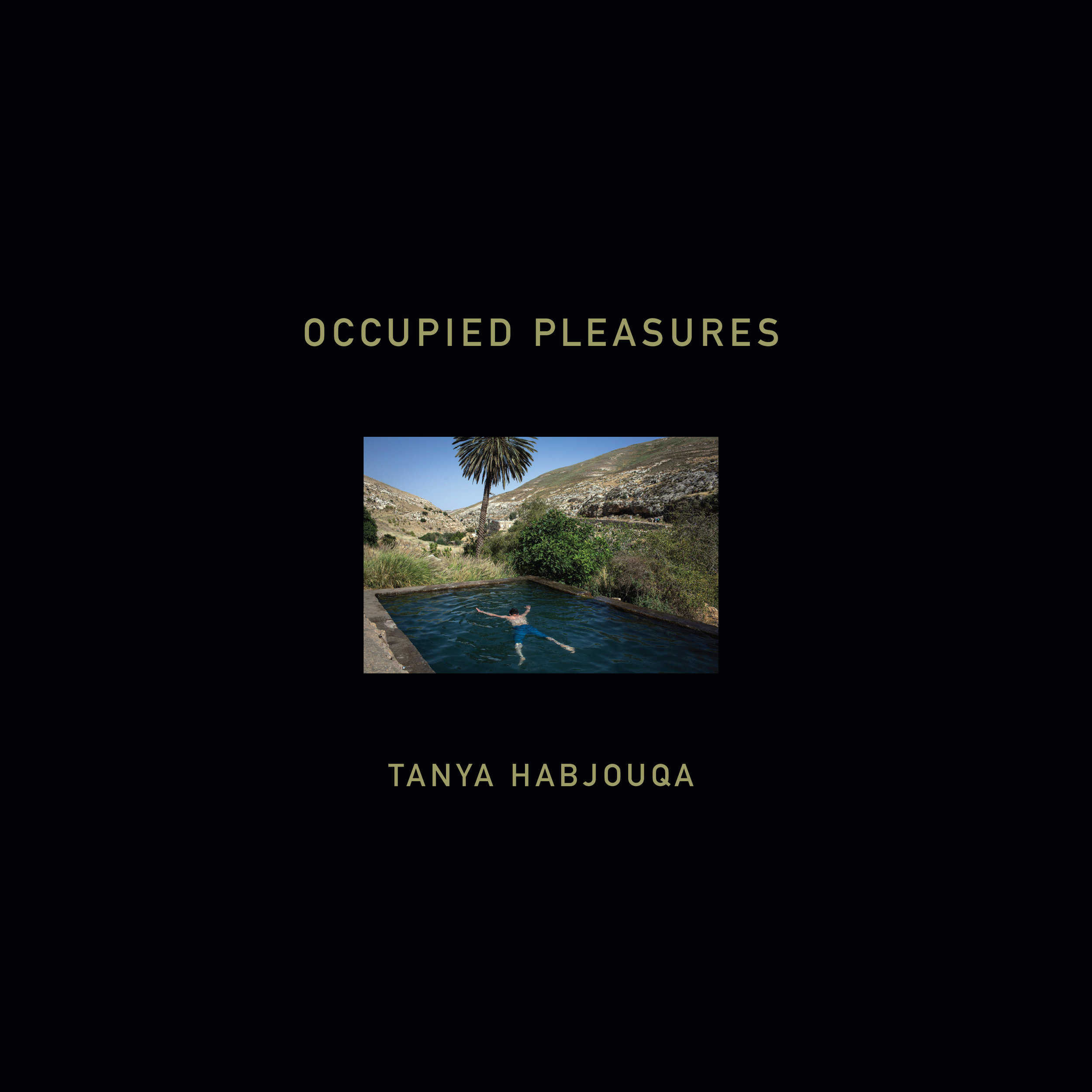Tanya Habjouqa
Bio
Tanya Habjouqa is an award-winning documentary photographer of international standing with a track record of narrative innovation and a reputation for creating dynamic, inspired, and potently human features.
Her artistic practice explores manifestations of trauma upon the landscape, intimate spaces, and interpersonal relationships. Born in Jordan and raised between Texas and the Middle East, Habjouqa fuses a mordant sense of irony with unstinting, forensic interrogations of the implications of geopolitical conflict on human lives.
Her book Occupied Pleasures received critical acclaim from Time Magazine and Smithsonian, and the project won a World Press Photo award in 2014.
A leading advocate for innovation in photojournalism and documentary practice, Tanya is the co-founder of the Middle East visual storyteller organization Ruwa, and is a mentor in the Arab Documentary Program, providing marginalized narratives and narrative-creators with the space and skills to tell their stories. There is always an intuitive sense of metaphor beneath her work.
She is a journalist, artist, and educator, represented by NOOR Images and East Wing.
Selected Stories
Tomorrow there will be apricots
The burdens of violence are present in their scant belongings, heavy mementos to remind themselves of those they lost in the war.
Digital-era lockets: cherished cell-phone images of dead fathers, husbands, and brothers lost to Syria’s bloody uprising.
Habjouqa's photographs explore the complicated intimacies in the everyday lives of these Syrian women who cling to the hope that soon their family will be reunited and yet, in many cases, they also grapple with the knowledge they will never see them again.
And for an entire generation of young women, a pretty grim future.
Occupied pleasures
Occupied Pleasures presents a nuanced, multi-dimensional portrayal of humanity’s ability to find pleasure in the face of trying circumstances in Occupied West Bank, Jerusalem, and Gaza.
Occupied Pleasures straddles passive and active meanings: to be occupied under Israel, and to occupy oneself, joyfully and defiantly, in pastime and simple pleasures.
Women of gaza
2009: Gaza is a difficult place for women. The siege not only affects the economy, but the most basic of dreams and space to simply be.
“Women of Gaza” depicts a different side of Gaza.
Despite the devastation, a community spirit and elegance prevails. Women are continuing to care for their families, strive for education, and pursue careers against the odds.


